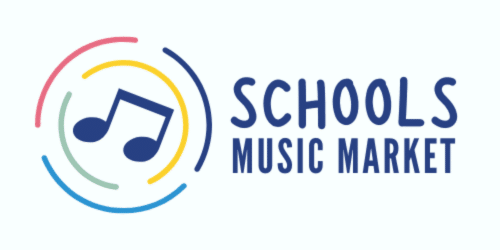Unveil the symphony of advantages embedded in early childhood music education, acting as a catalyst for comprehensive development in young children. This blog article illuminates the positive influence of music education on cognitive, social, emotional, and physical growth, shaping a well-rounded foundation and laying the groundwork for future success.
Cognitive Development Enhanced by Early Childhood Music Education:
Early childhood music education serves as a cognitive stimulant, igniting growth across various brain areas. Research consistently supports that exposure to music enhances memory, attention, and problem-solving. Engaging in music lessons nurtures pattern recognition, spatial-temporal awareness, and auditory discrimination, establishing a foundation for academic achievements.
Language and Literacy Skills Nurtured by Early Childhood Music Education:
A powerful tool for language and literacy, early childhood music education enriches phonological awareness, vocabulary acquisition, and language comprehension. Songs, rhymes, and musical storytelling enhance language structure, pronunciation, and fluency, creating a language-rich environment that fuels communication skills.
Social and Emotional Development Fostered through Early Music Education:
Early childhood music education provides a platform for emotional exploration, self-expression, and social connections. Collaborative activities cultivate teamwork, cooperation, and turn-taking skills. Through music, children learn to listen, communicate, and respond to others, fostering empathy, emotional intelligence, and social interaction.
Motor Skills and Coordination Enhanced by Early Childhood Education:
Engagement with music refines fine and gross motor skills, coordination, and body awareness. Playing instruments, dancing, and rhythmic movements support hand-eye coordination, finger dexterity, and bilateral coordination. Music activities encourage physical fitness, balance, and spatial awareness, fostering a strong mind-body connection.
Creativity and Expressive Arts Cultivated through Early Childhood Music:
Nurturing creativity, early childhood music education empowers children to express unique ideas and emotions through music. Improvisation and composition activities foster creative thinking and problem-solving. Integrating visual arts, storytelling, and dramatic play expands creative horizons and cultivates an appreciation for diverse artistic expressions.
Cultural Awareness and Diversity Explored through Early Music Education:
Introducing children to diverse musical traditions, early childhood music education fosters cultural awareness and appreciation. Exposure to music from different cultures broadens understanding, promotes tolerance, and celebrates diversity, instilling a global perspective and respect for traditions.
Parent-Child Bonding and Family Engagement:
Early childhood music education creates opportunities for parent-child bonding and family engagement. Participating in music activities strengthens relationships, promotes positive interactions, and forms lasting memories. Singing, dancing, and attending family music classes enhance the parent-child bond, supporting overall development.
Conclusion: Unlocking Potential through Early Music Education
Early childhood music education unfolds a myriad of benefits for holistic development. Embracing the transformative power of music in the early years unlocks children’s full potential, providing a solid foundation for future learning and fostering a lifelong love for music. Let’s celebrate the wonders of early childhood music education and pave the way for bright and promising futures.
For resources to support your music classroom click here to browse the full list.



